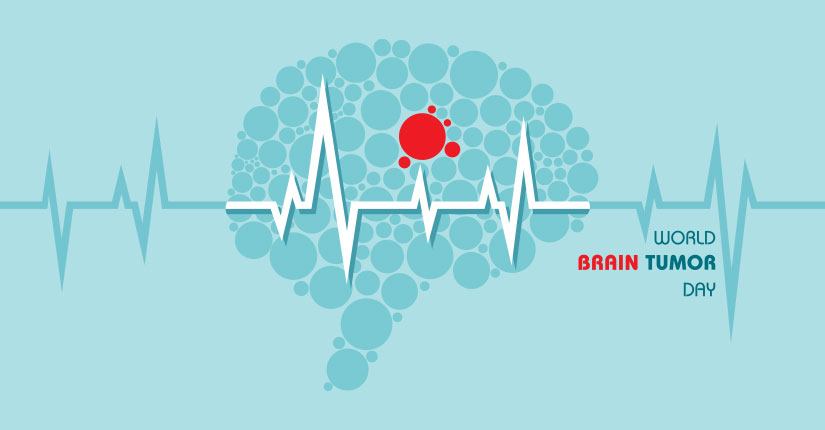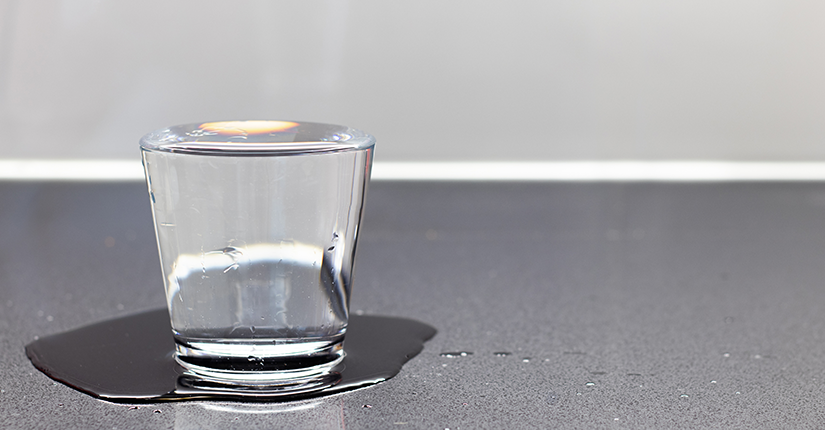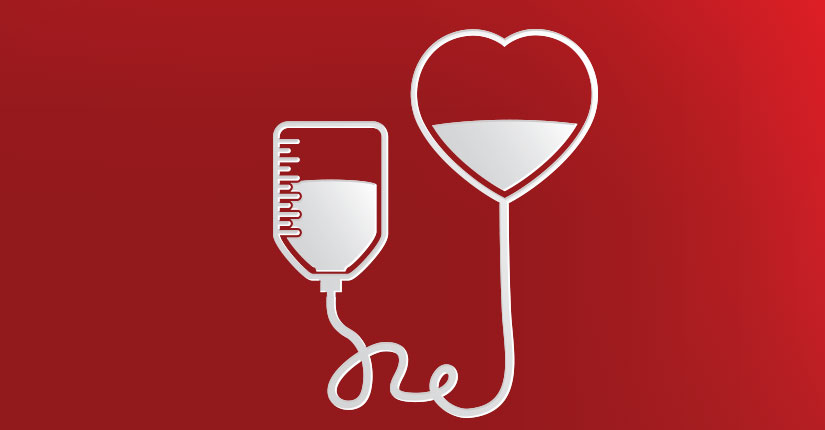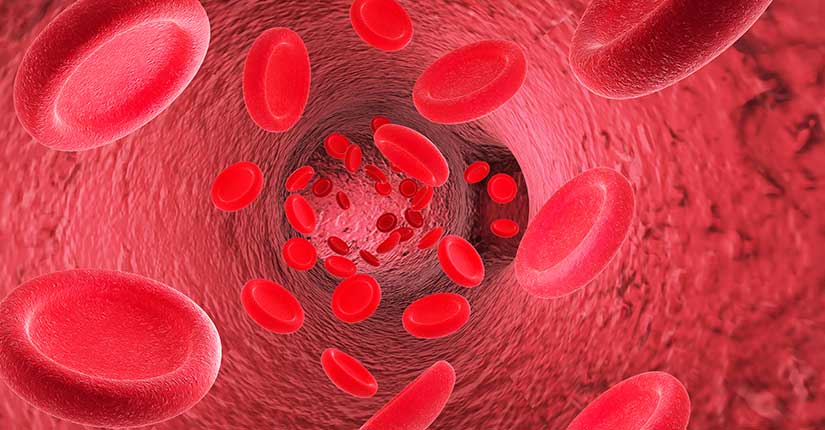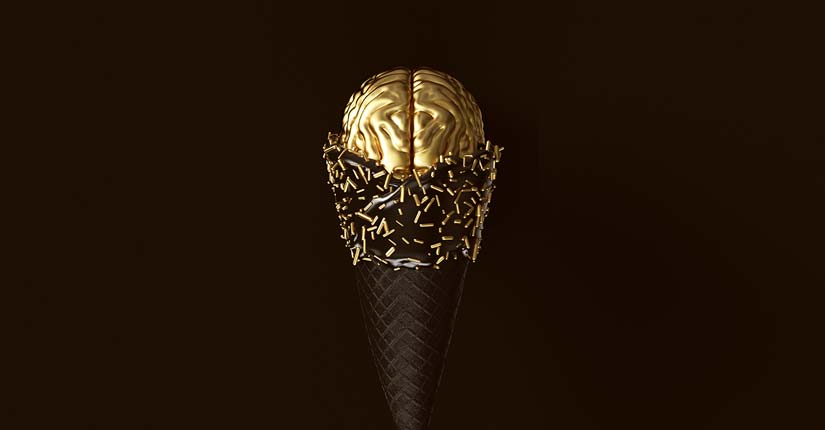Exploring 3 Alternative Therapies for Prostate Cancer: Complementary Approaches
By Nmami Agarwal 23-Sep 2023 Reading Time: 6 Mins

Prostate cancer is one of the most common cancers affecting men worldwide. While traditional medical treatments like surgery, radiation, and chemotherapy are well-established, many patients are now seeking alternative or complementary therapies to supplement their conventional treatments. In this article, we will explore three alternative therapies for prostate cancer that have gained attention for their potential benefits.
1. Dietary and Nutritional Interventions
Proper nutrition plays a crucial role in maintaining overall health, and it can also be a powerful tool in managing prostate cancer. Several dietary and nutritional approaches have been studied for their potential benefits:
– Anti-Inflammatory Diet: Chronic inflammation has been linked to cancer progression. An anti-inflammatory diet, rich in fruits, vegetables, whole grains, and healthy fats like olive oil, may help reduce inflammation in the body.
– Tomatoes and Lycopene: Tomatoes are known for their high lycopene content, which has been associated with a lower risk of prostate cancer. Incorporating tomatoes and tomato-based products into your diet may be beneficial.
– Selenium and Vitamin E: Some studies suggest that selenium and vitamin E supplements might reduce the risk of prostate cancer. However, it’s essential to consult with a healthcare professional before starting any supplementation.
– Green Tea: Green tea contains compounds called catechins, which have antioxidant properties. Drinking green tea regularly may have a protective effect against prostate cancer.
2. Acupuncture and Traditional Chinese Medicine (TCM)
Acupuncture, a key component of Traditional Chinese Medicine, involves the insertion of thin needles into specific points on the body to promote balance and healing. Some prostate cancer patients turn to acupuncture for symptom management and overall well-being:
– Pain Management: Acupuncture may help alleviate pain and discomfort associated with prostate cancer and its treatments, such as surgery and radiation therapy.
– Stress Reduction: Many cancer patients experience stress and anxiety. Acupuncture sessions can provide relaxation and reduce stress, potentially improving the quality of life.
– Complementary Therapy: Acupuncture is often used as a complementary therapy alongside conventional treatments. It can be a part of a holistic approach to managing prostate cancer.
3. Mind-Body Practices: Yoga and Meditation
Mind-body practices like yoga and meditation focus on the connection between mental and physical well-being. These practices offer various benefits to prostate cancer patients:
– Stress Reduction: Yoga and meditation are well-known for their stress-reduction benefits. They can help patients manage the emotional and psychological challenges of prostate cancer.
– Improved Sleep: Many cancer patients struggle with sleep disturbances. Regular practice of yoga and meditation can lead to better sleep patterns.
– Enhanced Physical Function: Gentle yoga exercises can improve flexibility and balance, which may be particularly useful for patients dealing with post-treatment side effects.
– Quality of Life: By promoting a sense of calm and inner peace, these practices can enhance the overall quality of life for prostate cancer patients.
Conclusion
While alternative therapies like dietary interventions, acupuncture, and mind-body practices offer potential benefits for prostate cancer patients, it’s crucial to approach them with caution and in consultation with healthcare professionals. These therapies should complement rather than replace conventional medical treatments. Each patient’s journey with prostate cancer is unique, and the choice to explore complementary approaches should be made with the guidance of a medical team.
Ultimately, the goal is to enhance the overall well-being and quality of life for individuals living with prostate cancer. By combining the power of conventional medicine with complementary therapies, patients can strive for a holistic approach to their health and healing. Always consult with your healthcare provider to determine the most suitable complementary therapies for your specific condition.



